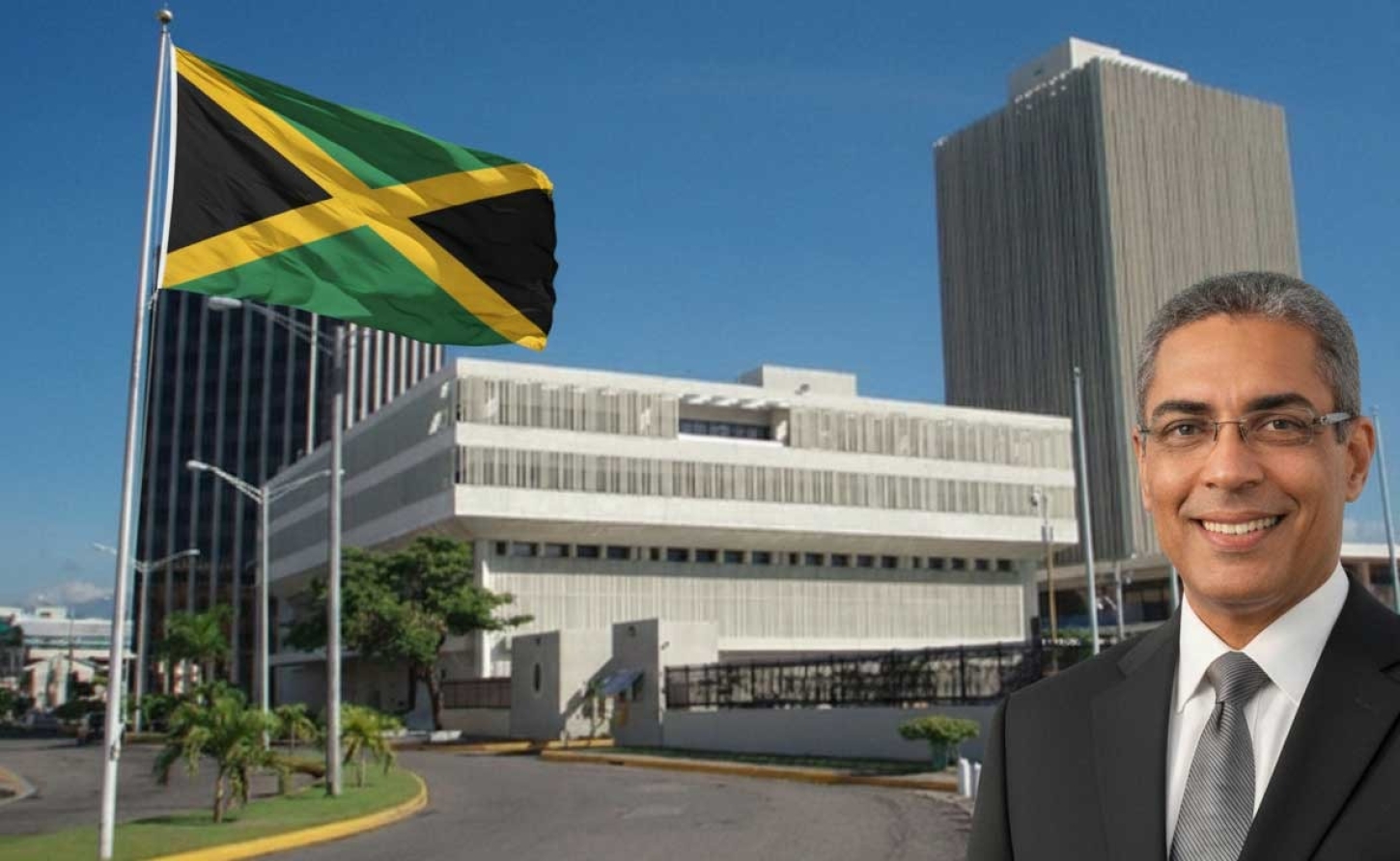JAMAICA'S Central Bank Earns Top Marks—But What Does That Mean for Your Wallet?

Montego Bay, Jamaica, September 1, 2025 - While most Jamaicans keep a wary eye on the exchange rate board at the cambio and calculate whether they can afford this week's grocery bill, their central bank just received an "A" grade in a comprehensive performance assessment.
But who's doing the grading, and more importantly, why should the average citizen scrolling through Instagram in Half Way Tree or picking up barrels in Montego Bay actually care?
The answer lies in a monetary success story that sets Jamaica apart from its Caribbean neighbors—though ordinary citizens might reasonably ask whether that excellence at the top has reached their kitchen tables yet.
In an effort to rate and grade the performance of BOJ, we decided to plug in the Governor’s quarterly report and press conference into our artificial intelligence portal in order to get an unbiased assessment of the bank’s performance and this was the result:
📊 BANK OF JAMAICA SCORECARD
Overall Grade: A- (Final Assessment: A)
Performance Breakdown:
- 🎯 Inflation Control: A — Stable expectations despite 3.3% rate (below 4-6% target)
- 💱 Currency Management: B+ — 2.5% depreciation, US$6.2B reserves (148% IMF adequacy)
- 📋 Policy Framework: A — Unanimous decisions, exceptional communication
- 🌍 International Recognition: A- — IMF praise, regional leadership confirmed
- 🛡️ Crisis Preparedness: A — Exceptional buffers, flexible contingency tools
- 💪 External Resilience: B+ — Successfully navigating global uncertainties
The Verdict: "Central banking excellence adapted to small open economy realities"
These aren't participation trophies. Each grade measures hardcore economic fundamentals that directly impact whether your salary keeps pace with prices, whether businesses can plan beyond next month, and whether Jamaica weathers the next global storm.
Let's translate that into real life. Those US$6.2 billion in reserves? That's roughly US$2,200 for every Jamaican—not that you'll see that money directly, but it's the cushion preventing the kind of currency collapse that turned Venezuela's bolivar into worthless paper or sent the Surinamese dollar into freefall.
It's why your remittances from Auntie in Brooklyn still mean something when they hit the Western Union.
The 3.3% inflation rate means prices are rising slower than the bank actually wants—a "good problem" that would make citizens in Argentina (where inflation hit triple digits) weep with envy.
When BOJ Governor Richard Byles and his team unanimously agreed to hold interest rates at 5.75%, they sent a signal that matters: stability reigns, panic doesn't.
The Regional Reality Check
Here's where Jamaica's achievement becomes clearer. Trinidad and Tobago, blessed with oil wealth that should make monetary management easier, just saw its former Prime Minister Keith Rowley placed on an Interpol watch list amid political turmoil—hardly the environment for steady economic planning.
Their central bank operates under political clouds that make long-term strategy difficult.
Barbados, meanwhile, remains wedded to its fixed exchange rate of 2:1 with the US dollar—a source of pride but also a straitjacket that limits policy options. When external shocks hit, Barbados can't let its currency adjust; it must take the hit elsewhere, often through painful fiscal measures.
The Eastern Caribbean Currency Union shares a single currency across eight territories, meaning Dominica's needs must be balanced against Antigua's, and St. Lucia's against Grenada's. Imagine trying to set one interest rate that works for Kingston, Mandeville, and Negril—now multiply that complexity across national borders.
Jamaica's flexible exchange rate and independent monetary policy suddenly look less like boring technical details and more like competitive advantages. The International Monetary Fund's June 2025 praise wasn't politeness—it was recognition that Jamaica has built something genuinely sophisticated.
What This Means at Ground Level
But here's the critical balance: monetary policy excellence doesn't automatically equal prosperity for all. Yes, that 3.3% inflation rate beats Guyana's 6.5% and Suriname's double digits, meaning your grocery dollar stretches further than it would elsewhere in the Caribbean.
The stable exchange rate means the business owner importing goods from Miami can actually plan beyond next week.
The B-FXITT system—essentially transparent currency auctions—means less opportunity for connected insiders to game the system at everyone else's expense. When the central bank sold US$1.2 billion over 12 months through clear, rule-based interventions, it prevented the kind of black market currency trading that plagues Haiti and Cuba.
Yet dollarization is creeping up. More Jamaicans are saving in US dollars, suggesting that despite BOJ's excellent grades, citizens aren't fully convinced.
The below-target inflation, while technically temporary, hints at an economy not running at full throttle. An "A" in monetary policy doesn't mean much if unemployment remains sticky or wages stagnant.
Storm Clouds Ahead
The assessment acknowledges what every Jamaican intuitively knows: the island's economy dances to music played elsewhere. US Federal Reserve decisions reverberate through Kingston's financial district within hours.
President Trump's trade policies could upend carefully calibrated projections. A major hurricane—increasingly likely with climate change—could drain those impressive reserves overnight.
BOJ's sophistication in identifying "temporary factors" in inflation and distinguishing between external shocks and domestic dynamics shows remarkable analytical capability. But sophisticated analysis doesn't change Jamaica's fundamental vulnerability as a small, import-dependent island economy.
Earned Success, Uncertain Future
Bank of Jamaica has genuinely earned its high marks, especially in the Caribbean context where monetary mismanagement has cratered economies from Suriname to Haiti. The institution Byles leads would be respectable in any developed nation—that it exists in Jamaica is remarkable.
But excellence in Liguanea doesn't automatically translate to ease in Linstead. The coming months will test whether top-tier monetary policy can navigate global headwinds while delivering tangible benefits to ordinary Jamaicans who just want stable prices, steady work, and confidence that today's dollar will be worth something tomorrow.
-30-
